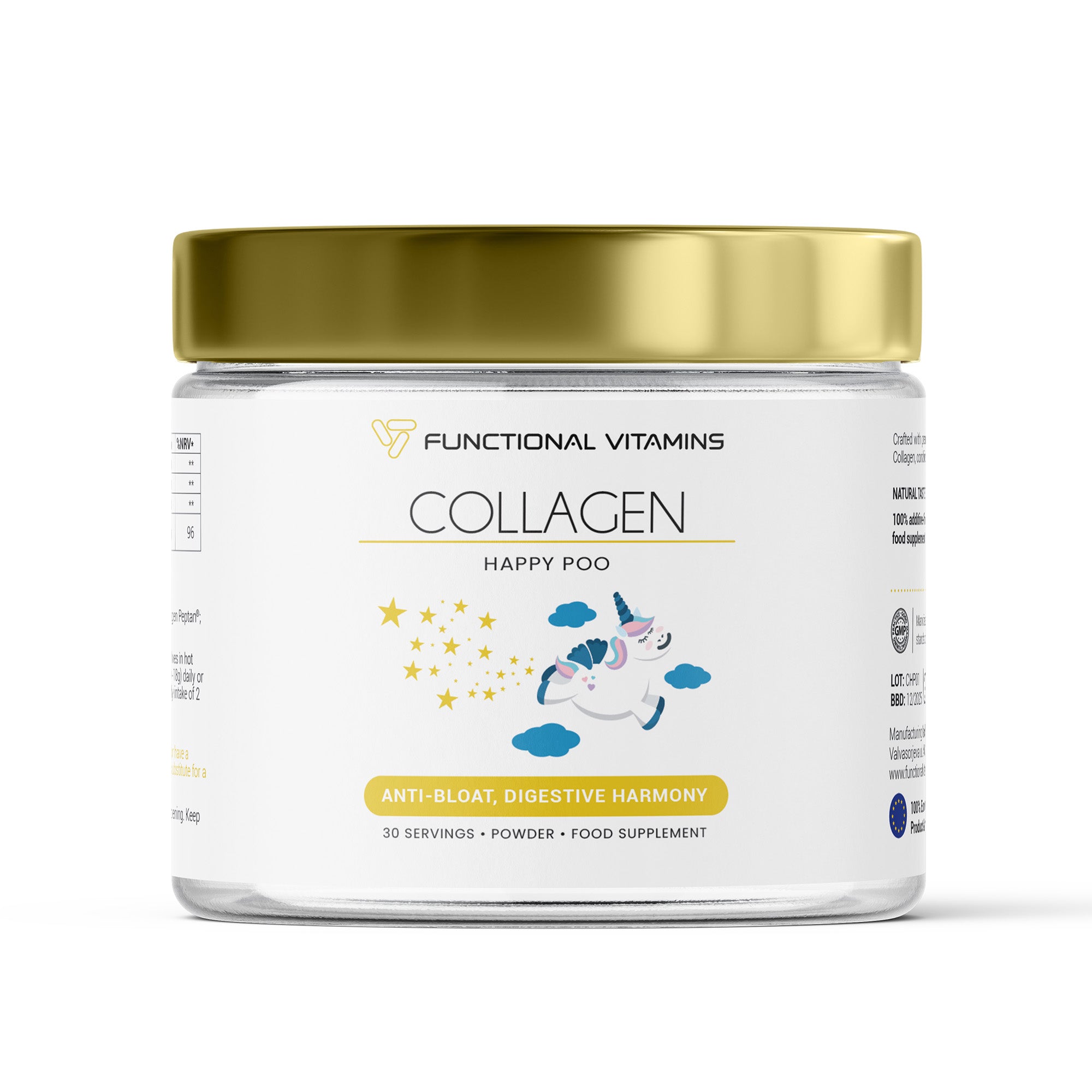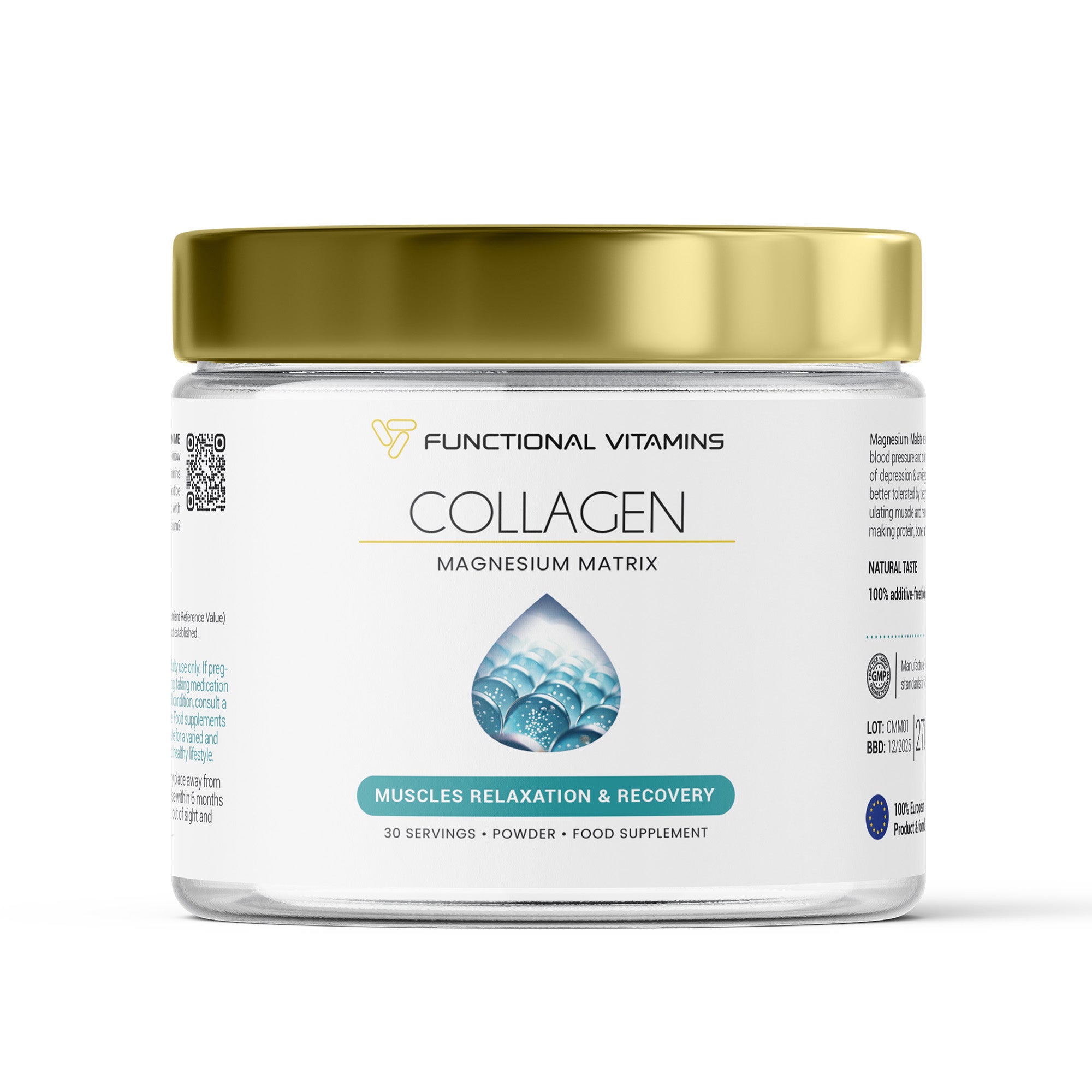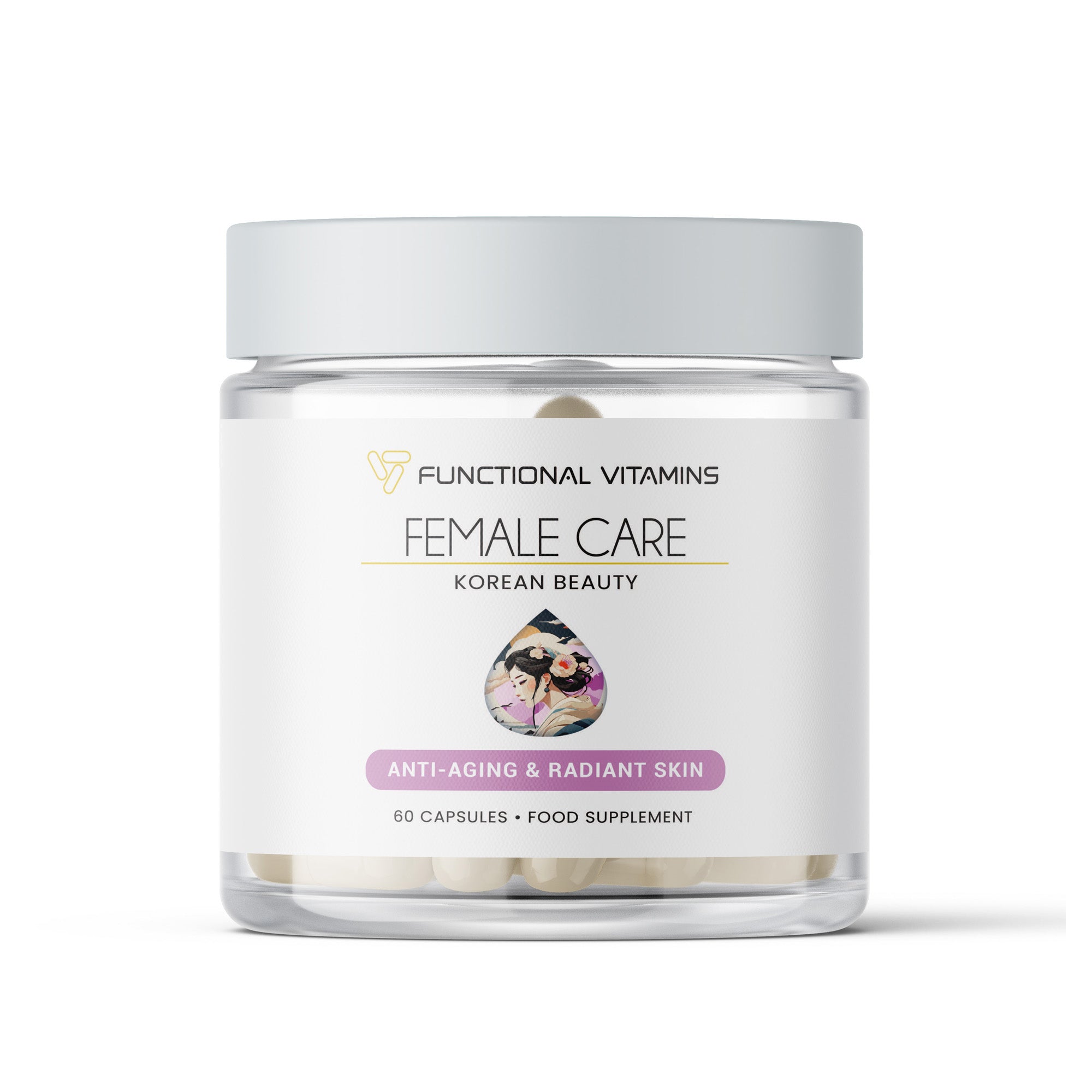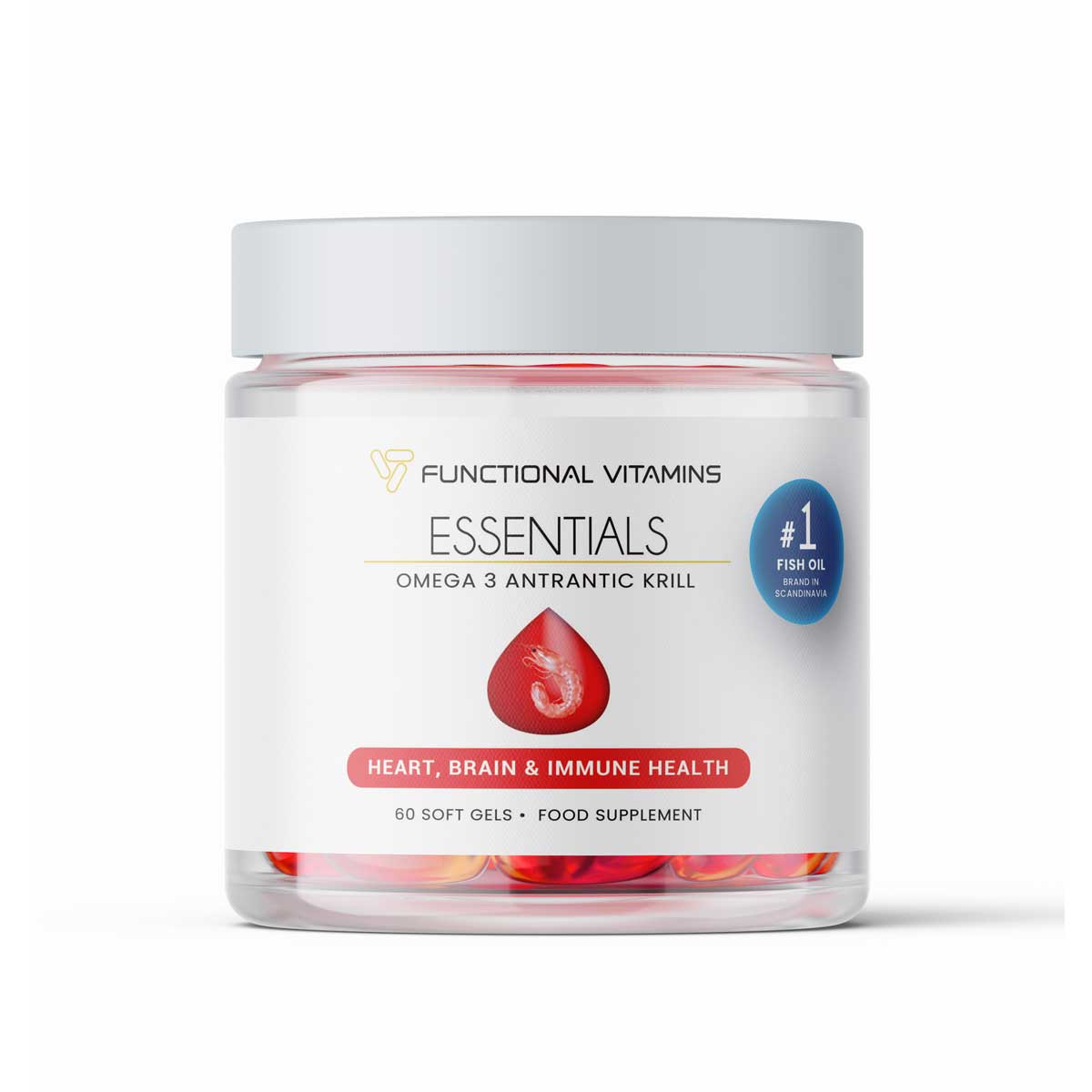The intricate relationship between the gut and skin, known as the gut–skin axis, has garnered significant attention in recent years. Emerging research suggests that the state of our gut microbiome can profoundly impact skin health, influencing conditions such as acne, eczema, psoriasis, and rosacea. This article delves into the mechanisms underpinning this connection and explores potential interventions to promote both gut and skin health.
Understanding the Gut–Skin Axis
The gut–skin axis refers to the bidirectional communication between the gastrointestinal tract and the skin. This connection is mediated through various pathways, including the immune system, endocrine system, and metabolic processes. The term “gut microbiome” describes the vast array of microbial life forms, including their metabolic products, that naturally reside in the gastrointestinal tract (Ahmad et al, 1016). It is estimated that the human gut harbors more than 100 trillion microorganisms, encompassing over a thousand distinct species colonizing different regions of the intestines (Moschen et al, 2012).
Although generally stable, the microbiome can undergo temporary or long-term alterations due to factors such as antibiotic use, international travel, illness, and the aging process. These influences can cause shifts in dominant microbial populations. Additionally, current evidence suggests that habitual dietary choices may strongly shape the microbiome’s structure and function over time (Moschen et al, 2012).
The Role of the Gut Microbiome in Skin Health
A balanced gut microbiome contributes to overall health by aiding digestion, synthesizing essential nutrients, and modulating the immune system. The gut microbiome plays an integral role in various physiological processes. Its functions are believed to include the development and regulation of the immune system, protection against pathogenic organisms, fermentation of complex carbohydrates, and the biosynthesis of essential vitamins (D’Argenio and Salvatore, 2015). The mutualistic interaction between the host and its resident microbiota is crucial for maintaining immune homeostasis, modulating epithelial cell behavior, and ensuring proper immune maturation (Neish and Jones, 2014).
Disruptions in this microbial balance, known as dysbiosis, can lead to increased intestinal permeability or "leaky gut." This condition allows endotoxins and other pro-inflammatory substances to enter the bloodstream, potentially triggering systemic inflammation that affects the skin .
Moreover, certain gut bacteria produce short-chain fatty acids (SCFAs) like butyrate, which have anti-inflammatory properties and support the integrity of the gut lining. A decrease in SCFA-producing bacteria has been associated with inflammatory skin conditions, suggesting a protective role of these metabolites in skin health. Despite this observed link, the precise biological mechanisms that underlie this relationship remain to be fully elucidated. It is believed that the gut–skin connection arises from a complex network of interactions involving the immune, nervous, and endocrine systems, alongside external influences such as dietary habits and pharmacological agents (Bull and Plummer, 2014).
The Skin–Gut–Brain Axis
Research has highlighted the connection between the brain, gut, and skin, often referred to as the brain–gut–skin axis (Bull and Plummer, 2014). Psychological stress is known to trigger or worsen skin conditions (Koo and Lebwohl, 2001). Gut microbes may respond to stress by producing neurotransmitters like serotonin and norepinephrine, which can influence skin function through the nervous system (Lyte, 2014). Additionally, gut bacteria produce short-chain fatty acids (SCFAs) such as butyrate and propionate from the digestion of dietary fiber (Wong et al., 2006). While these compounds may enter the bloodstream and affect the body, it’s still unclear whether they reach levels high enough to directly impact skin health.
Immune System Modulation
Maintaining skin health depends on a well-balanced immune system, which is closely linked to the gut microbiome. Gut bacteria constantly interact with immune cells, helping to regulate inflammation and support immune homeostasis. When the gut microbiota is disrupted, it may trigger immune imbalances that contribute to skin conditions like psoriasis (Vaughn et al., 2017).
Skin Conditions Linked to Gut Health
1. Acne: Studies have indicated that individuals with acne may exhibit gut microbiota imbalances, leading to systemic inflammation that exacerbates skin lesions .
2. Eczema (Atopic Dermatitis): Research has shown that children with eczema often have reduced gut microbial diversity, which may impair immune system development and skin barrier function .
3. Psoriasis: Alterations in gut microbiota composition have been observed in psoriasis patients, suggesting a link between gut dysbiosis and the chronic inflammation characteristic of this condition .
4. Rosacea: An increased prevalence of small intestinal bacterial overgrowth (SIBO) has been found in individuals with rosacea, indicating a potential gut–skin connection in this disorder .
Strategies to Support the Gut–Skin Axis
1. Dietary Modifications:
- Increase Fiber Intake: Consuming a diet rich in dietary fiber supports the growth of beneficial gut bacteria that produce SCFAs, promoting gut and skin health.
- Incorporate Fermented Foods: Foods like yogurt, kefir, sauerkraut, and kimchi introduce probiotics into the gut, enhancing microbial diversity.
- Limit Processed Foods: Reducing the intake of high-fat and high-sugar foods can prevent dysbiosis and systemic inflammation (Vaughn et al., 2017).
2. Probiotic and Prebiotic Supplementation:
- Probiotics: Supplementing with specific probiotic strains may help restore gut microbial balance, though more research is needed to identify the most effective strains for skin health.
- Prebiotics: These non-digestible fibers serve as food for beneficial bacteria, supporting their growth and activity.
3. Lifestyle Factors:
- Stress Management: Chronic stress can disrupt the gut microbiome; practices like meditation and exercise can mitigate this effect.
- Adequate Sleep: Ensuring sufficient sleep supports immune function and microbial balance.
- Regular Physical Activity: Exercise has been shown to positively influence gut microbiota composition.
Conclusion
The gut–skin axis underscores the importance of internal health in maintaining skin integrity. By fostering a balanced gut microbiome through diet, supplementation, and lifestyle choices, individuals may alleviate or prevent various skin conditions. As research in this field evolves, a deeper understanding of the gut–skin connection will inform more targeted and effective interventions for skin health.
References:
- Vaughn AR, Notay M, Clark AK, Sivamani RK. Skin-gut axis: The relationship between intestinal bacteria and skin health. World J Dermatol. 2017;6(4):52-58.
- Park D, Kim J, Park HJ, Hahm DH. Comparative Analysis of the Microbiome across the Gut–Skin Axis in Atopic Dermatitis. Int J Mol Sci. 2021;22(8):4228.
- ZOE. Can Gut Health Improve Skin Health?
- Sequential. Understanding the Gut-Skin Axis. https://www.sequential.bio/post/understanding-the-gut-skin-axisSequential
- Moschen AR, Wieser V, Tilg H. Dietary Factors: Major Regulators of the Gut’s Microbiota. Gut Liver. 2012;6:411-416. https://doi.org/10.5009/gnl.2012.6.4.411
- Ahmad OF, Akbar A. Microbiome, antibiotics and irritable bowel syndrome. Br Med Bull. 2016;120:91-99. https://doi.org/10.1093/bmb/ldw038
- D’Argenio V, Salvatore F. The role of the gut microbiome in the healthy adult status. Clin Chim Acta. 2015;451:97-102.
- Neish AS, Jones RM. Redox signaling mediates symbiosis between the gut microbiota and the intestine. Gut Microbes. 2014;5:250-253.
- Bull MJ, Plummer NT. Part 1: The Human Gut Microbiome in Health and Disease. Integr Med (Encinitas). 2014;13:17-22.
- Koo J, Lebwohl A. Psycho dermatology: the mind and skin connection. Am Fam Physician. 2001;64:1873-1878.
- Lyte M. Microbial endocrinology and the microbiota-gut-brain axis. Adv Exp Med Biol. 2014;817:3-24.
- Wong JM, de Souza R, Kendall CW, Emam A, Jenkins DJ. Colonic health: fermentation and short chain fatty acids. J Clin Gastroenterol. 2006;40:235-243.
Note: This article is based on current research and is intended for informational purposes. For personalized medical advice, please consult a healthcare professional.












Leave a comment
This site is protected by hCaptcha and the hCaptcha Privacy Policy and Terms of Service apply.